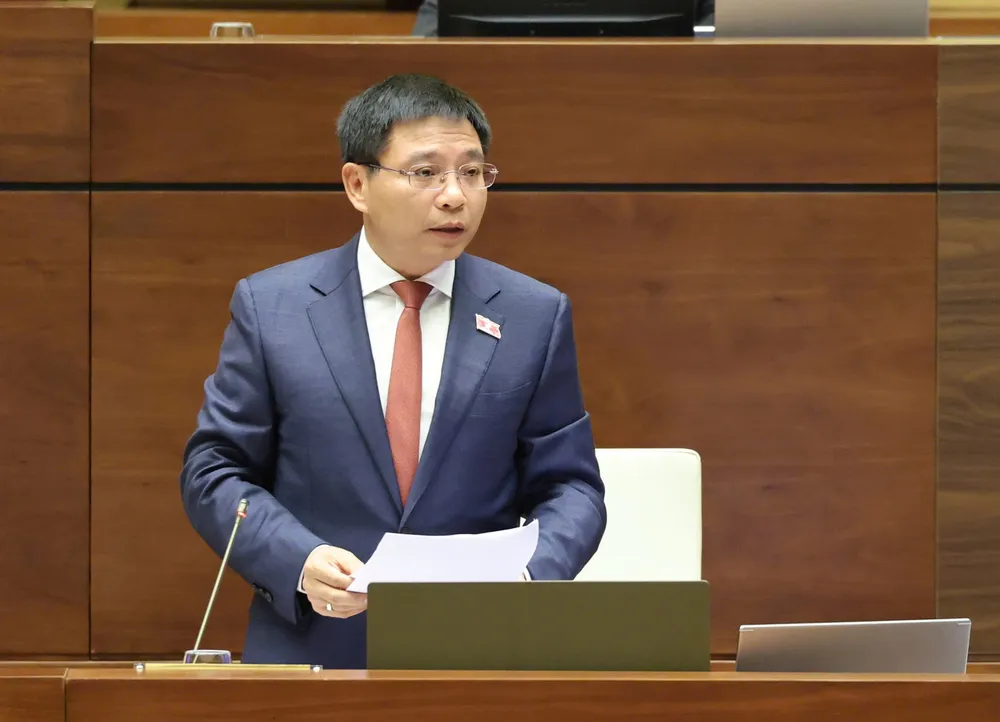
Prioritize armed forces to reserve strategic goods
Deputy Nguyen Tam Hung (HCMC) commented that the draft represents an important step forward in improving the State's reserve capacity, proactively responding to natural disasters, epidemics, non-traditional security and market fluctuations, while also being consistent with the requirements of macroeconomic regulation and ensuring national defense and security in the new context.
Regarding the State's policy on national reserves, Deputy Nguyen Tam Hung proposed adding a policy of "mobilizing strategic reserves of enterprises in key areas". In reality, many strategic goods such as gasoline, fertilizer, food, and medical supplies are held by enterprises with a very large proportion. Without a mechanism to mobilize enterprises to participate in strategic reserves, it will be difficult for the State to ensure timely intervention when the market fluctuates strongly.
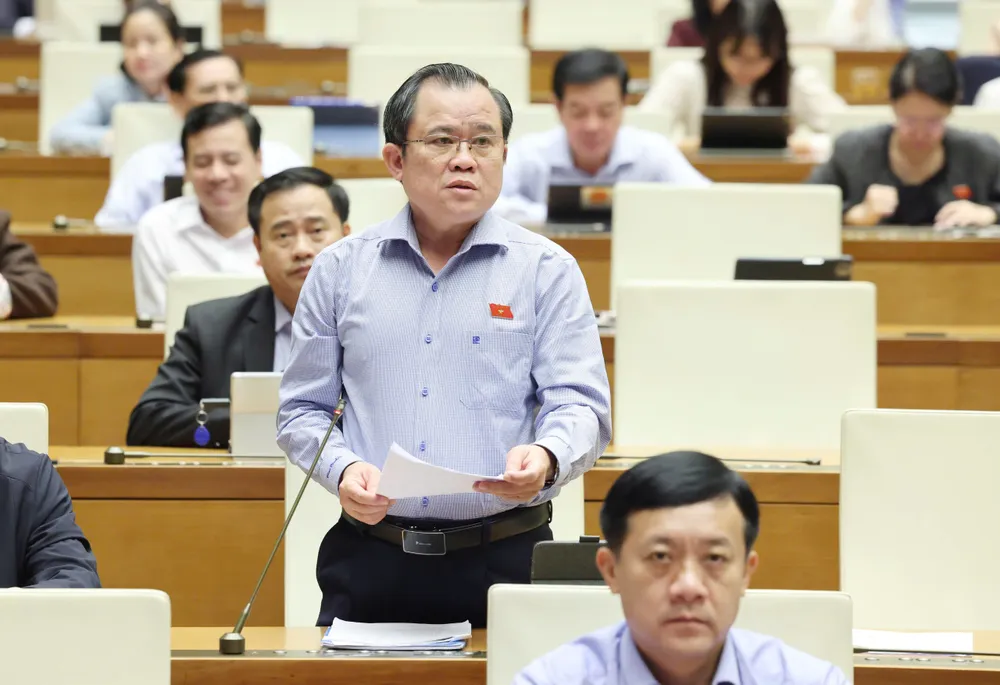
Delegate Pham Van Hoa (Dong Thap) said that currently, the police and army have modern warehouse systems, so it is necessary to prioritize these two forces in performing national reserve tasks, facilitating emergency support.
Deputy Duong Khac Mai (Lam Dong) stated that the recent pandemic, natural disasters, and floods have shown that if the national reserve work is not done well, it will be difficult to meet urgent requirements, which are very important requirements to ensure national defense and security, and social security. Therefore, the Deputy believes that it is necessary to continue to do well the national reserve work, and at the same time, it is necessary to do well the strategic reserve work. These are special items used in special circumstances.
The delegate also agreed that the armed forces should play a key role in this. Socialization is necessary, but strategic goods must be controlled by the armed forces; similarly, national reserves must go hand in hand with civil defense.
“There must be close coordination between ministries, branches and localities to do this job well. This includes ensuring the secrecy of national reserves,” said Deputy Duong Khac Mai.
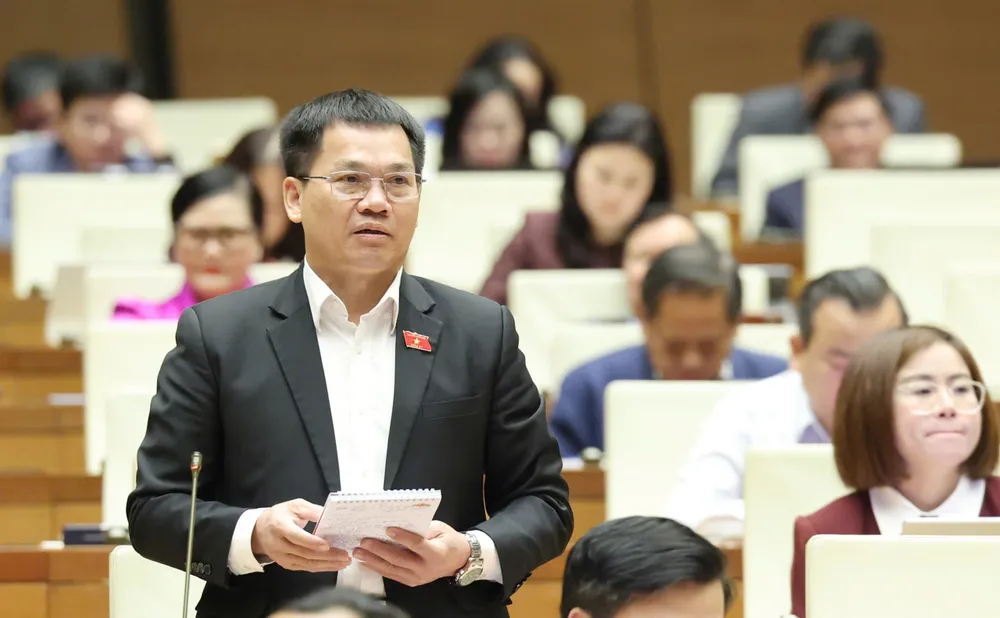
Cannot let the people go first – the State follows
Deputy Ha Sy Dong (Quang Tri) cited the recent natural disasters as showing that many relief equipment were dispatched late, not in time to save people, so he proposed allowing the Chairman of the Provincial People's Committee to decide to temporarily release reserve goods within a certain limit, reporting to the Ministry of Finance within 24 hours; at the same time, promulgating a threshold for food and rescue supplies that localities can decide on when there are storms, floods, landslides, and large-scale epidemics.
Delegate Ha Sy Dong also proposed to add a new article on special national reserve vehicles for rescue and relief. The recent natural disasters in the Central region showed a serious lack of special vehicles such as rescue boats, high-chassis vehicles for overcoming floods, canoes, medical transport vehicles, and fire trucks. Many times, the authorities could not reach the isolated areas due to deep water and isolated terrain, while spontaneous volunteer groups were the first to go with rudimentary vehicles, which posed risks and had tragic accidents.
“We cannot let the people go first – the State follows. Therefore, it is necessary to add a separate article in the law regulating the reserve of special rescue vehicles, with a specific list, technical standards, maintenance – rotation – quick mobilization mechanism. At the same time, the province is allowed to mobilize in extremely urgent situations, reporting back later,” said Deputy Ha Sy Dong.
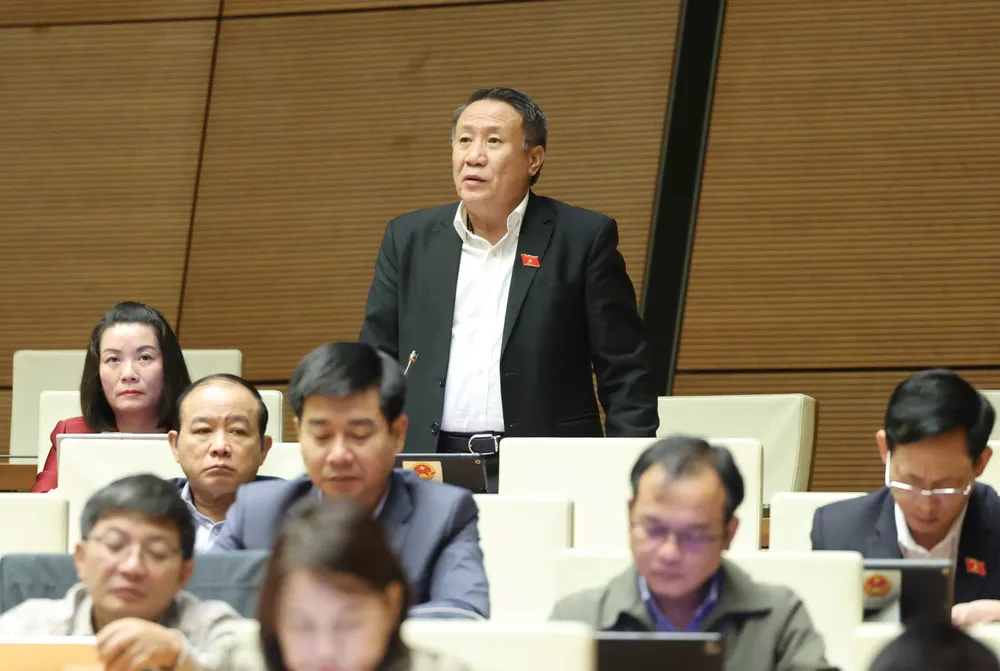
At the same time, it is necessary to attract businesses to participate in reserves, not only relying on the budget. To do so, there must be a mechanism of tax incentives - credits - cost deductions for businesses participating in reserves; pilot a revolving reserve model to reduce storage costs and flexibly regulate the market.
Deputy Ha Sy Dong also said that it is necessary to build a real-time national reserve data system, attaching identification codes to each shipment - each vehicle, integrating GPS tracking, quality warnings - deadlines. When a natural disaster occurs, just one dispatch order - immediately know where the vehicle and goods are to export them within the first hour. "The bill needs to follow the direction of decentralization - modernization - proactive response - increase reserve of special vehicles - reduce spontaneous dependence in rescue. Thus, the law will enter life, protecting people's lives and property", Deputy Ha Sy Dong said.
Explaining to the National Assembly, Minister of Finance Nguyen Van Thang said that the work of distributing national reserve goods, including specialized vehicles, has been done very well. The Director of the State Reserve Department decided to immediately issue the goods, coordinate with the local authorities to deliver them to the people, and the procedures were carried out later. The post-inspection work was very good, so there have never been any violations or negative incidents.
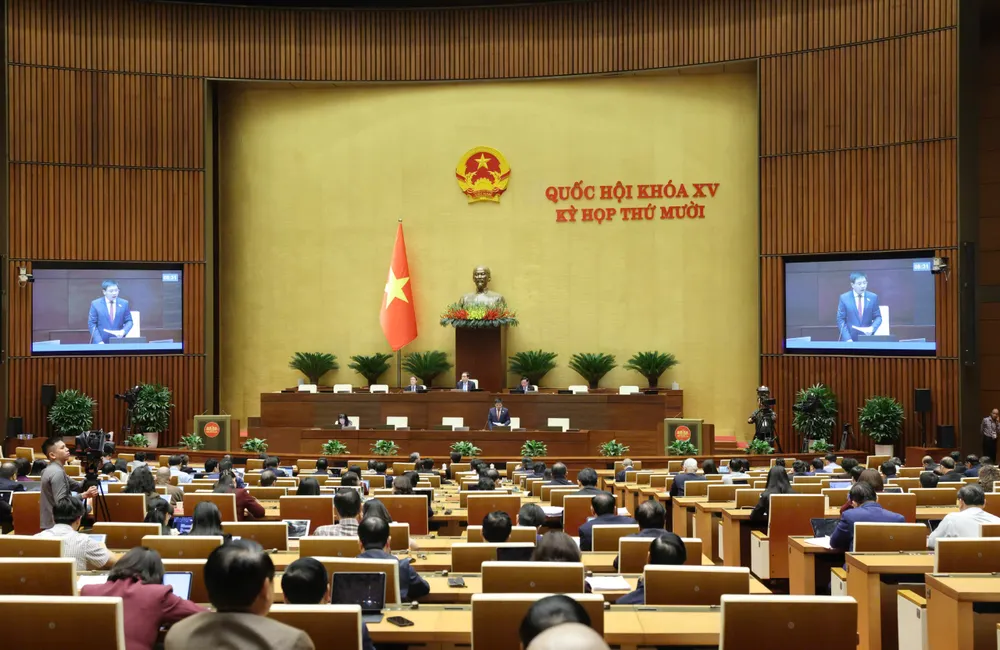
The Minister also stated that the key point of this draft law is to expand the scope of reserves, clarify the concept of strategic reserves to cover current reserve activities and turn them into a tool to regulate the market and ensure national security. To reduce the burden on the state budget, the draft law proposes to promote the socialization of reserve activities, encourage the participation of non-budgetary resources and the private sector. The Ministry of Finance will modernize warehouse management using digital technology...
Source: https://www.sggp.org.vn/phai-lam-tot-cong-tac-du-tru-chien-luoc-de-su-dung-trong-hoan-canh-dac-biet-post825502.html








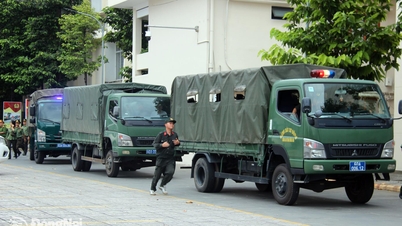

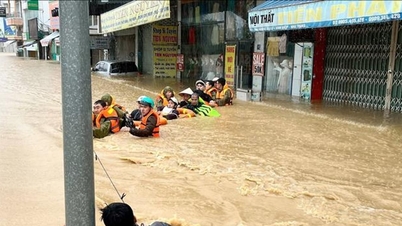

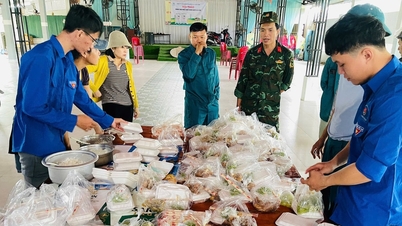

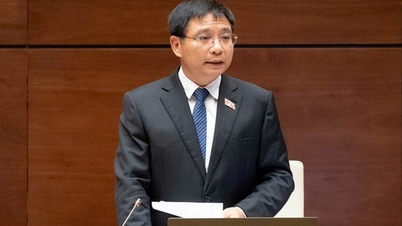

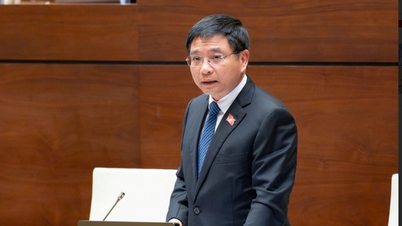



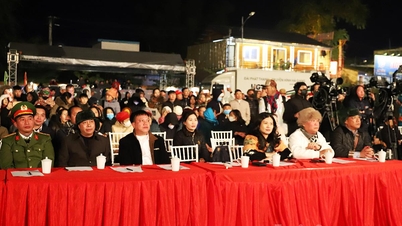

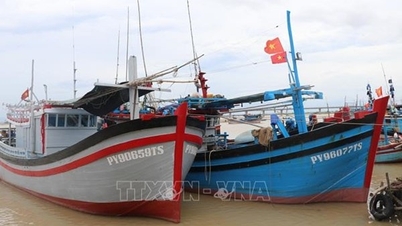

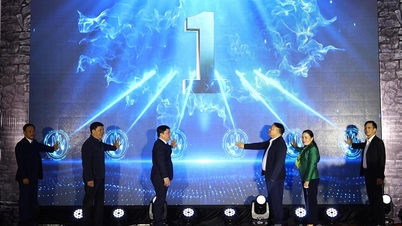
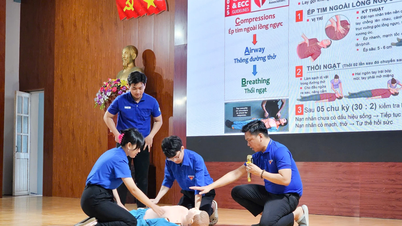

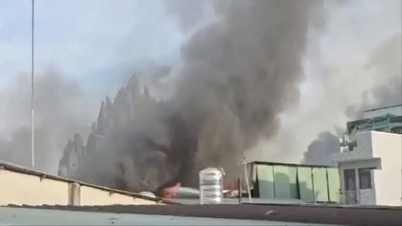
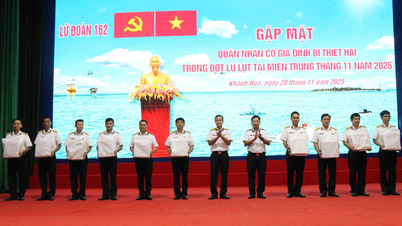




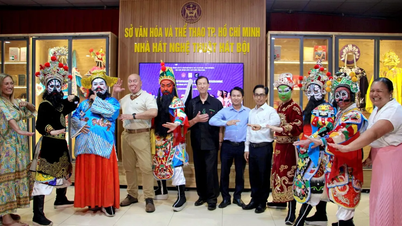
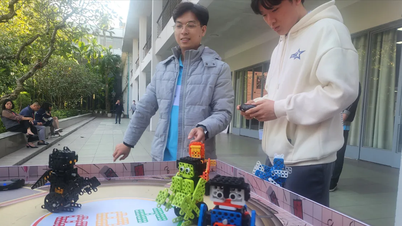
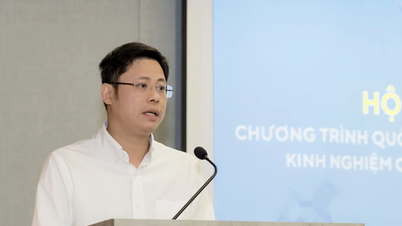
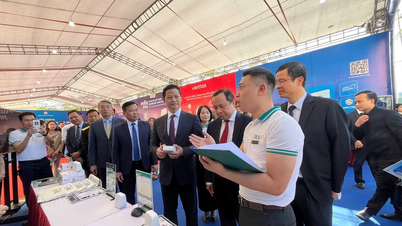
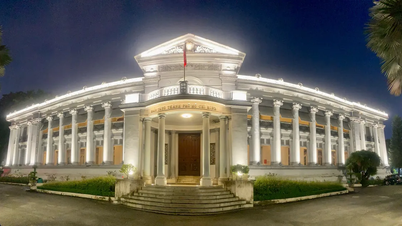
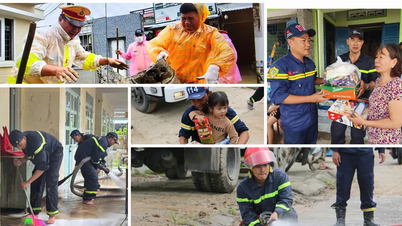
















































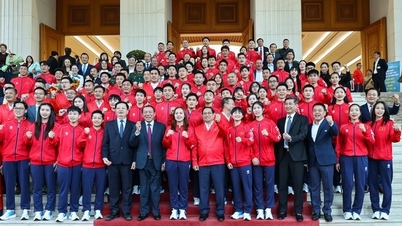
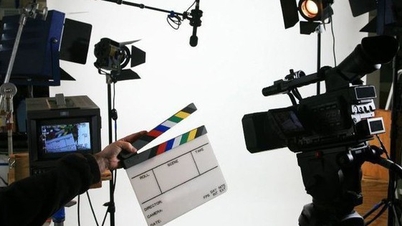
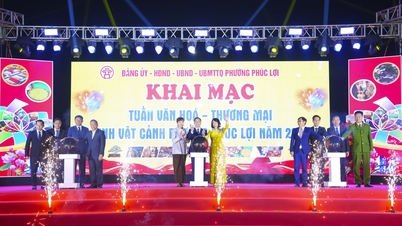


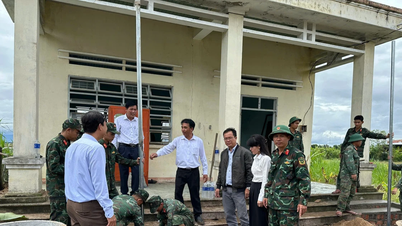

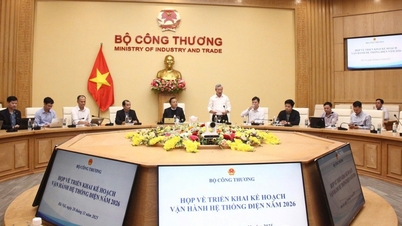













Comment (0)